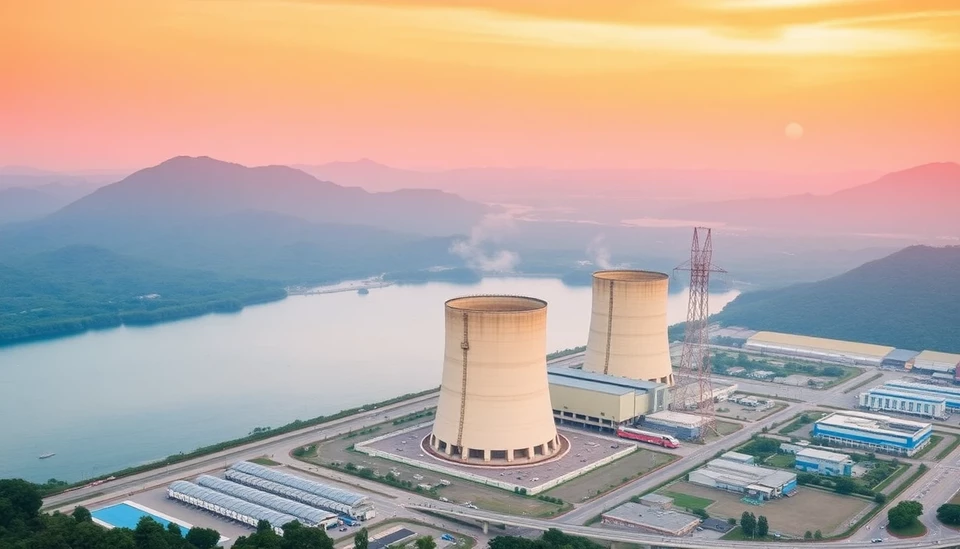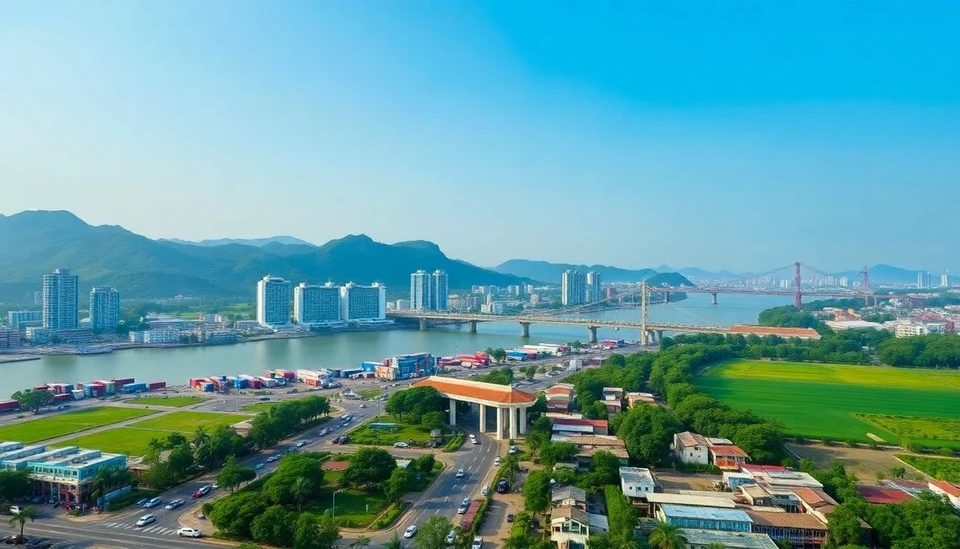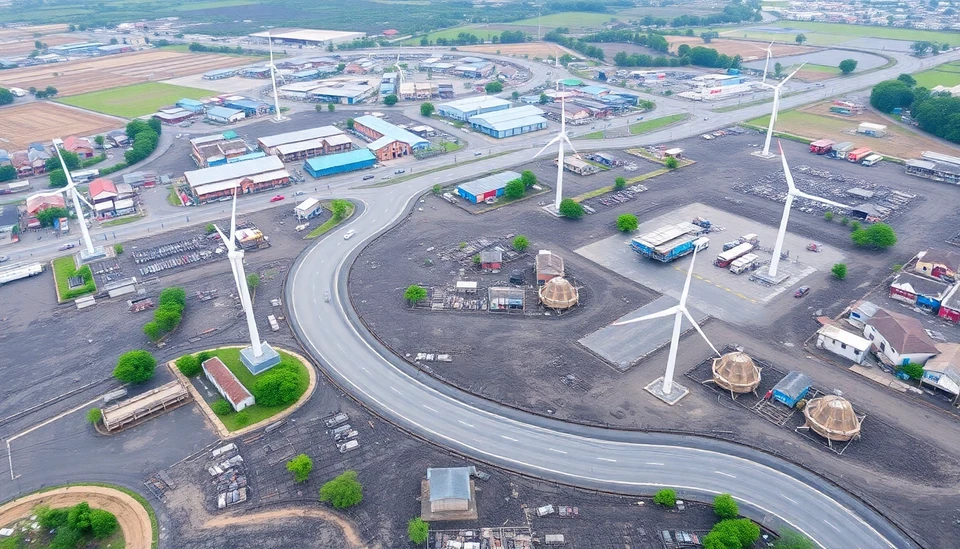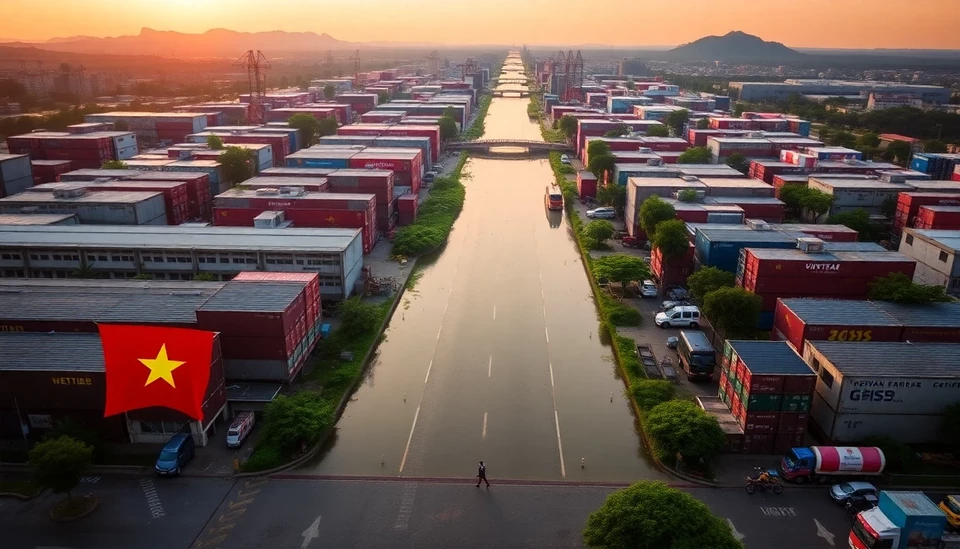
In a strategic move aimed at meeting its burgeoning energy demands, Vietnam has unveiled ambitious plans to bolster its nuclear power capabilities. With a pressing need to fuel its robust economic growth, the Southeast Asian nation is laying out an extensive framework to harness nuclear energy as a key pillar of its energy strategy.
Vietnam's commitment to nuclear energy is primarily driven by its rapid economic expansion and the corresponding increase in energy consumption. The country has experienced an unprecedented increase in power demand, with forecasts suggesting that this demand will only intensify in the coming years. To address this challenge and ensure energy security, the Vietnamese government has placed nuclear power as a centerpiece of its long-term energy policies.
The outline of this initiative includes multiple nuclear power projects, aiming to generate a significant percentage of the nation’s total electricity supply. The government plans to construct several nuclear plants, with the first one expected to be operational by the early 2030s. This ambitious target not only reflects Vietnam’s energy needs but also aligns with its environmental commitments, as nuclear energy presents a cleaner alternative to fossil fuels and contributes to greenhouse gas reduction efforts.
Experts and policymakers have hailed this initiative as a bold step toward modernization and sustainability. They argue that investing in nuclear power can help Vietnam diversify its energy sources and lessen its dependency on coal and natural gas. This diversification is critical, especially as the country aims to transition to greener energy while supporting economic growth.
However, the journey towards establishing a nuclear framework is not without its challenges. The government is aware of the need to prioritize safety and regulatory frameworks in the development of its nuclear energy sector. Significant investments in safety protocols, technology, and skilled personnel are essential to ensure that these projects meet international standards and public expectations.
Public acceptance of nuclear energy will also play a crucial role in the success of Vietnam's nuclear ambitions. The government plans to actively engage with citizens to address concerns related to safety and environmental impacts. Building public trust will be vital for the successful implementation of nuclear projects, especially given the memories of nuclear accidents worldwide.
In tandem with nuclear power ambitions, Vietnam is also investing in renewable energy sources such as wind and solar. This multifaceted approach reflects a commitment to not only meeting power demands but also addressing climate change and promoting sustainable practices across the nation. By integrating nuclear energy with renewables, Vietnam seeks a balanced and resilient energy portfolio.
As Vietnam takes firm strides towards this ambitious nuclear energy initiative, the world will be closely watching. The path ahead includes navigating the complexities of technology, safety, and public sentiment, but the potential benefits are significant. If successful, Vietnam could reshape its energy landscape and set a precedent for other emerging economies looking to embrace nuclear power as part of their growth strategy.
In conclusion, Vietnam's nuclear power goals represent not just an energy solution but also a testament to the nation’s aspirations for a sustainable and prosperous future. As the country positions itself on the global energy map, its journey into nuclear energy could provide valuable lessons and insights for nations worldwide.
#Vietnam #NuclearPower #EnergySecurity #SustainableGrowth #CleanEnergy #EconomicDevelopment #RenewableEnergy
Author: Megan Clarke




